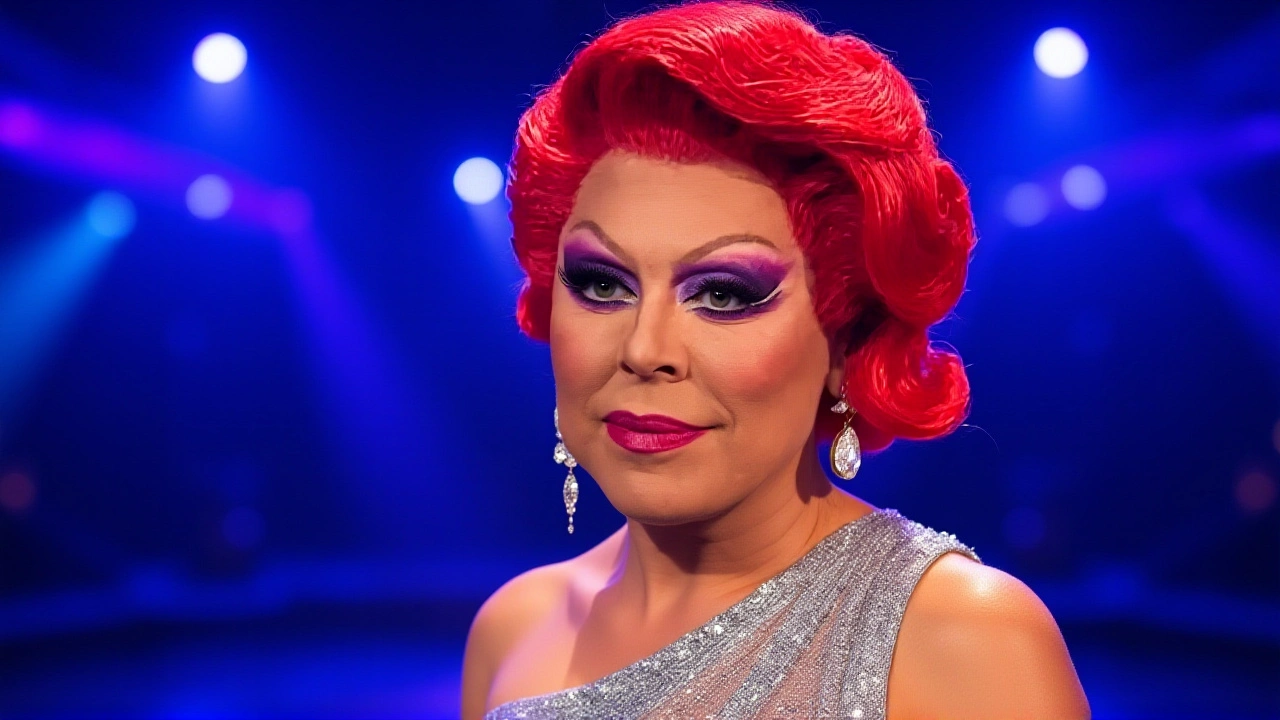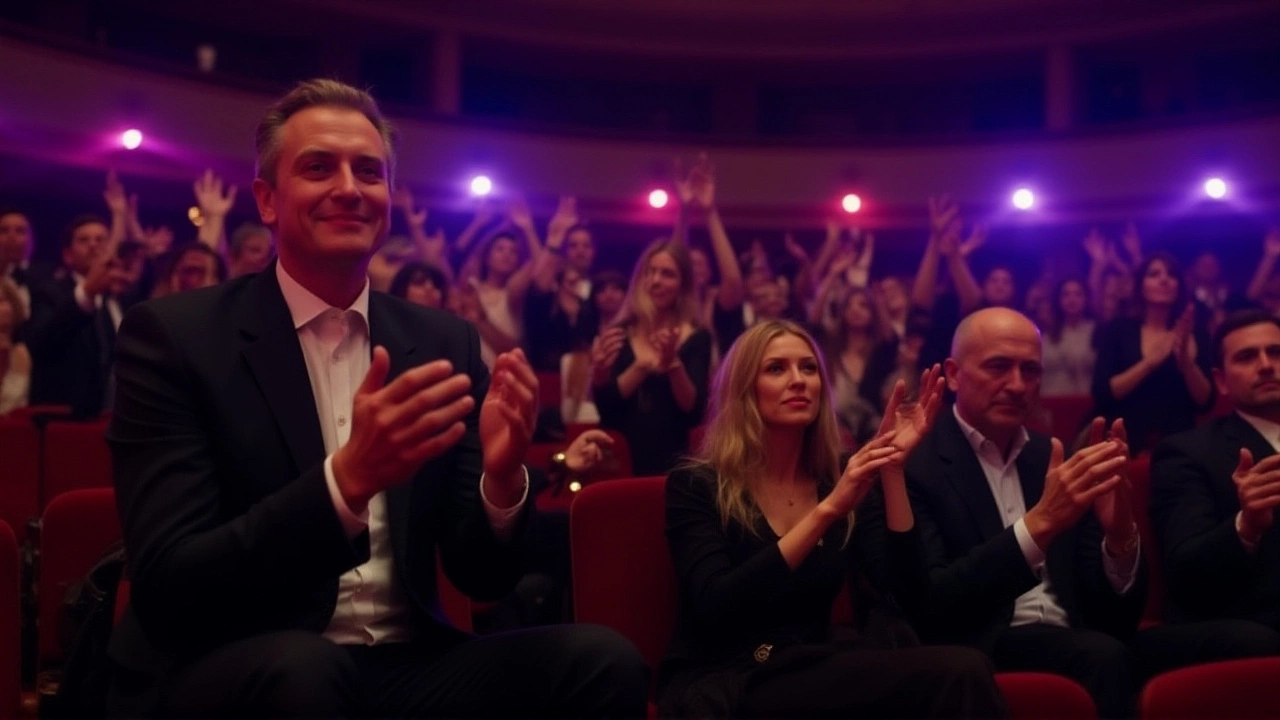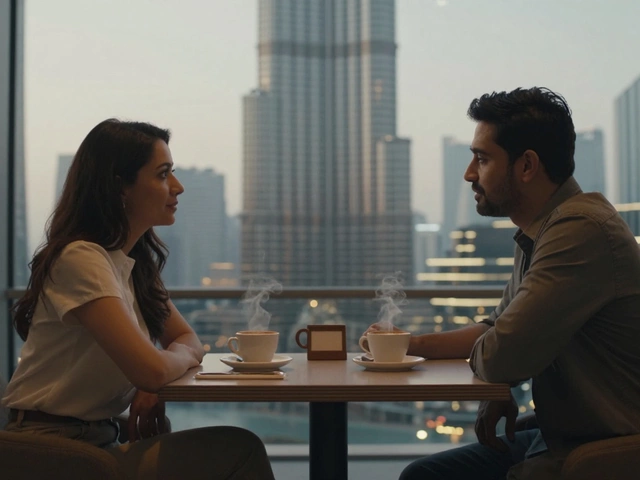The 29th Nuit de la Voix didn’t just sing—it connected continents, generations, and genres in one breathtaking night. On Monday, September 15, 2025, the Palais Garnier in Paris became a living tapestry of sound, as 150 artists from across the globe shared a stage for the first time, united by nothing but music and the vision of the Fondation Orange. This wasn’t just another concert. It was the centerpiece of the opera house’s 150th anniversary, and perhaps the most ambitious cultural statement the Fondation Orange has ever made.
A Stage Without Borders
The program defied easy categorization. One moment, you were swept up in Vivaldi’s feverish Gemo in un Punto e Fremo from L’Olimpiade; the next, the haunting Afghan melody Biya Ke berim Ba Mazar floated through the gilded air, followed by Ravel’s hypnotic Boléro and Leonard Cohen’s Alleluia, sung with raw, unfiltered emotion. The Orchestre Français des Jeunes, a collective of musicians aged 16 to 24, held the entire evening together—not just technically, but emotionally. Their youth wasn’t a footnote; it was the heartbeat.
And then there was the choir. Not the professional one. Not the opera chorus. But Orange Issy ça Chante, a group of 30 employees from the Fondation Orange’s headquarters in Issy-les-Moulineaux, singing alongside world-class soloists like Adèle Charvet and Léo Vermot-Desroches, the 2024 revelation of the Concours Voix Nouvelles. No one rehearsed together before. No one knew each other’s names. Yet when they sang, it didn’t sound like amateurs and professionals. It sounded like one voice.
The Power of Unplanned Connections
"For the vast majority of them, this is the first time they’ve met on a stage," said the evening’s presenter, his voice thick with awe. "And it’s the first time any of them have performed at the Palais Garnier." That line lingered. Because in a world where cultural events are meticulously curated, this one felt like magic. Not staged. Not planned. Discovered.
The Fondation Orange, the corporate foundation of telecom giant Orange S.A., has spent nearly 30 years quietly building bridges in the arts. This wasn’t sponsorship. It was stewardship. Since 1996, the foundation has nurtured emerging vocal talent through the Concours Voix Nouvelles, and this event was its most visible triumph yet. Conductors Léo Warynski and Bar Avni didn’t just lead—they wove. The ensemble Les Métaboles blended Baroque precision with contemporary improvisation. Africa Lyric's Opéra brought West African rhythms into the grandeur of the Palais Garnier’s 1,979-seat auditorium.
Why This Matters Beyond the Opera House
What made this night extraordinary wasn’t the stars—it was the silence between them. The space where a 17-year-old violinist from Lyon shared a bowing technique with a percussionist from Bamako. Where a French soprano learned the phrasing of an Afghan folk song from a refugee singer who had never performed on a stage before. The Fondation Orange didn’t just fund this. It created conditions for unexpected human connections.
"Music knows no borders, no hierarchies," the presenter said. "And the search for excellence brings all artists together, no matter where they come from." That’s not a slogan. It’s the thesis of the entire evening. In an age of division, this was a quiet rebellion.

How the World Heard It
Only 1,500 people sat in the Palais Garnier that night. But the reach was global. The full performance was broadcast live on Radio Classique on Saturday, September 27, 2025, at 20:00 hours, reaching hundreds of thousands across France and beyond. Then, on October 6, 2025, the Fondation Orange uploaded the full 1 hour, 49 minutes, and 25 seconds of the event to YouTube under the title 29e Nuit de la Voix de la Fondation Orange, enregistrée le 15 septembre 2025 au Palais Garnier à Paris. It’s still there. Still moving people.
It’s easy to overlook cultural events like this. They’re not viral. They don’t trend. But they change lives. A teenager in Marseille heard the broadcast and applied to music school. A retired teacher in Lyon wrote to the Fondation Orange saying she hadn’t cried at a concert since her husband died—and she cried that night.
What Comes Next
The Fondation Orange has already hinted that the 30th edition in 2026 will focus on music from the Global South, with a special emphasis on Indigenous vocal traditions. Talks are underway with cultural institutions in Senegal, Papua New Guinea, and Bolivia. The Palais Garnier, meanwhile, has extended its partnership with the foundation through 2030.
This wasn’t a one-off. It was a blueprint.

Background: A Legacy of Sound
The Palais Garnier opened on January 5, 1875, and for 150 years, it has stood as a monument to French artistic ambition. The Fondation Orange, founded in 1996 as part of Orange S.A. (formerly France Télécom), has spent decades investing in arts education and access. Its Concours Voix Nouvelles has launched careers from Lyon to Lagos. Previous editions of La Nuit de la Voix have featured everything from Haitian vodou chants to Polish folk ballads—but never with this scale, this intimacy, this emotional honesty.
And that’s the real story. Not the stars. Not the venue. Not even the broadcast. It’s the quiet moment when a 22-year-old cellist from Marseille and a 68-year-old choir member from Issy looked at each other mid-performance—and smiled, because they finally understood each other.
Frequently Asked Questions
Who were the key artists at the 2025 Nuit de la Voix?
The event featured internationally acclaimed soprano Adèle Charvet, 2024 Concours Voix Nouvelles revelation Léo Vermot-Desroches, conductors Léo Warynski and Bar Avni, the Orchestre Français des Jeunes (ages 16–24), ensemble Les Métaboles, and Africa Lyric's Opéra. Thirty Orange employees also performed as the amateur choir Orange Issy ça Chante.
How did the Fondation Orange contribute beyond funding?
Beyond financial support, the Fondation Orange actively integrated its employees into the performance through Orange Issy ça Chante, a 30-member amateur choir. This hands-on involvement blurred the line between corporate sponsor and cultural participant, reinforcing the foundation’s mission of accessibility and community. The organization also curated the program to intentionally fuse classical, opera, and global traditions.
Was this event broadcast, and how can I watch it now?
Yes. The full performance was broadcast on Radio Classique on September 27, 2025, at 20:00. A high-quality video recording, lasting 1 hour, 49 minutes, and 25 seconds, is available on the Fondation Orange’s official YouTube channel under the title "29e Nuit de la Voix de la Fondation Orange, enregistrée le 15 septembre 2025 au Palais Garnier à Paris," uploaded on October 6, 2025.
Why is the Palais Garnier’s 150th anniversary significant to this event?
Opened in 1875, the Palais Garnier is a symbol of French cultural heritage. Hosting the 29th Nuit de la Voix during its sesquicentennial added historical weight to the event’s theme of unity across time and tradition. The foundation and opera house have partnered for years, but 2025 marked a deliberate effort to reframe the venue not as a temple of exclusivity, but as a living space for evolving artistic expression.
What was the musical program’s cultural scope?
The program spanned European classical (Vivaldi, Prokofiev, Ravel), American musical theater (Bernstein’s "Tonight"), contemporary song (Leonard Cohen’s "Alleluia"), and global traditions including an Afghan folk melody and an African piece arranged by Thomas Tacquet. This deliberate mix challenged the hierarchy of "high" versus "world" music, presenting all as equally valid expressions of human emotion.
What’s next for the Fondation Orange’s cultural initiatives?
The foundation has signaled plans for the 30th Nuit de la Voix in 2026 to spotlight Indigenous and Global South vocal traditions, with preliminary talks underway with cultural institutions in Senegal, Papua New Guinea, and Bolivia. The partnership with the Palais Garnier has been extended through 2030, suggesting a long-term commitment to making classical spaces more inclusive and globally resonant.






Write a comment